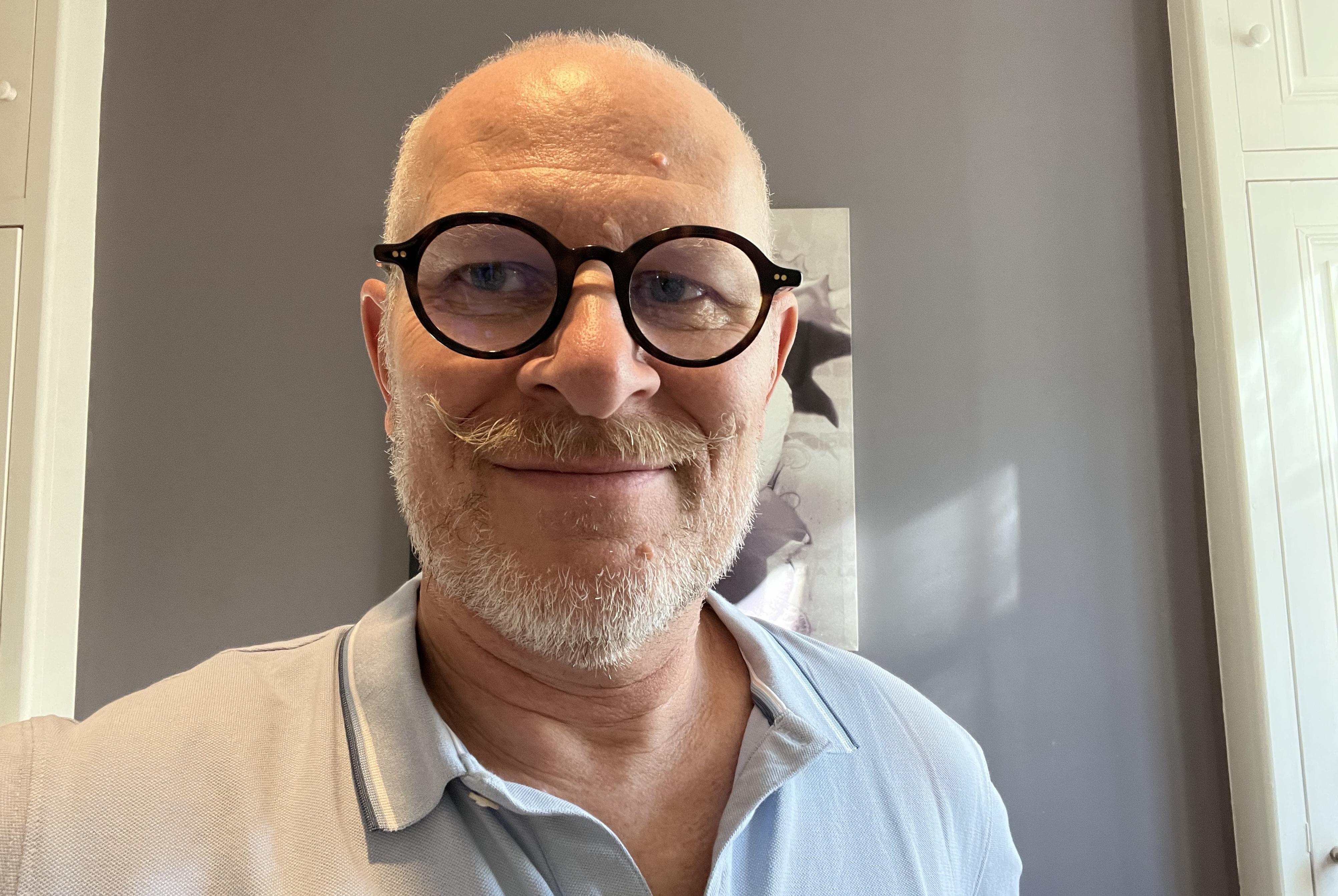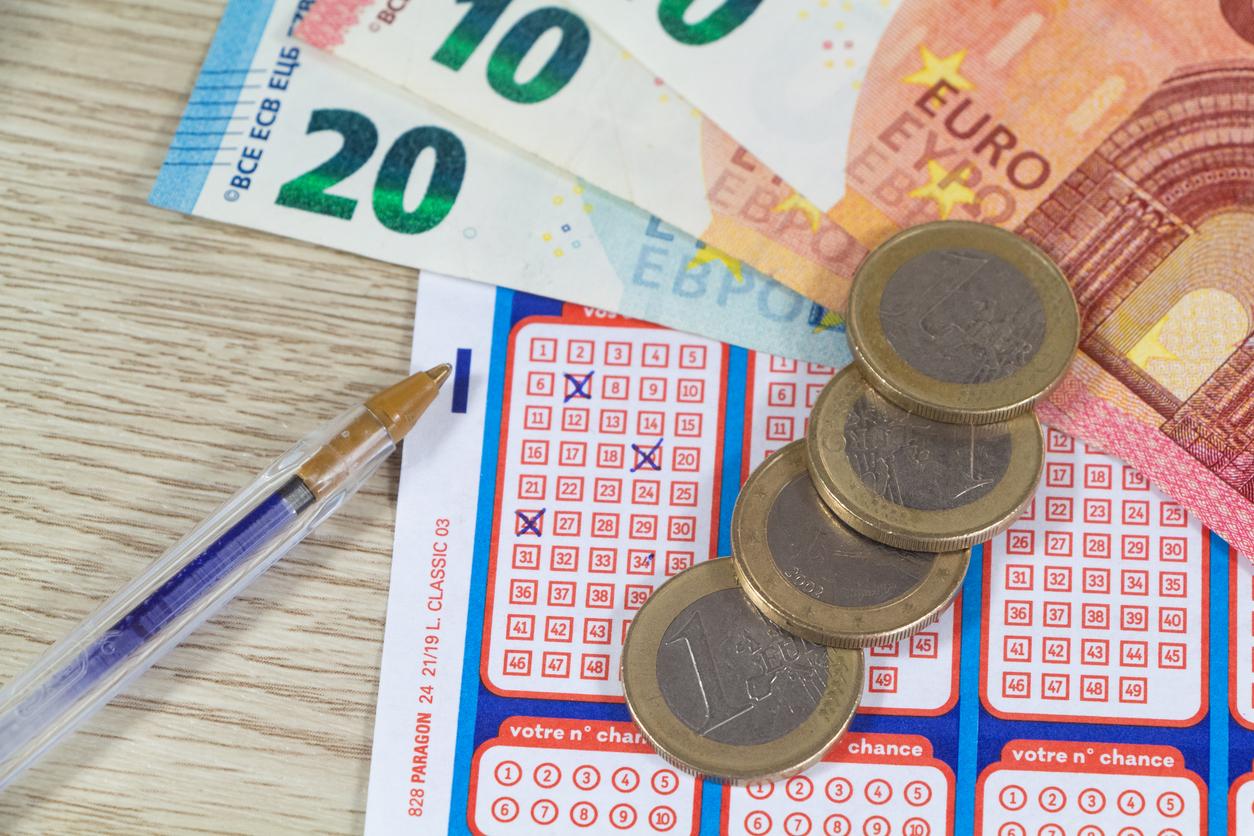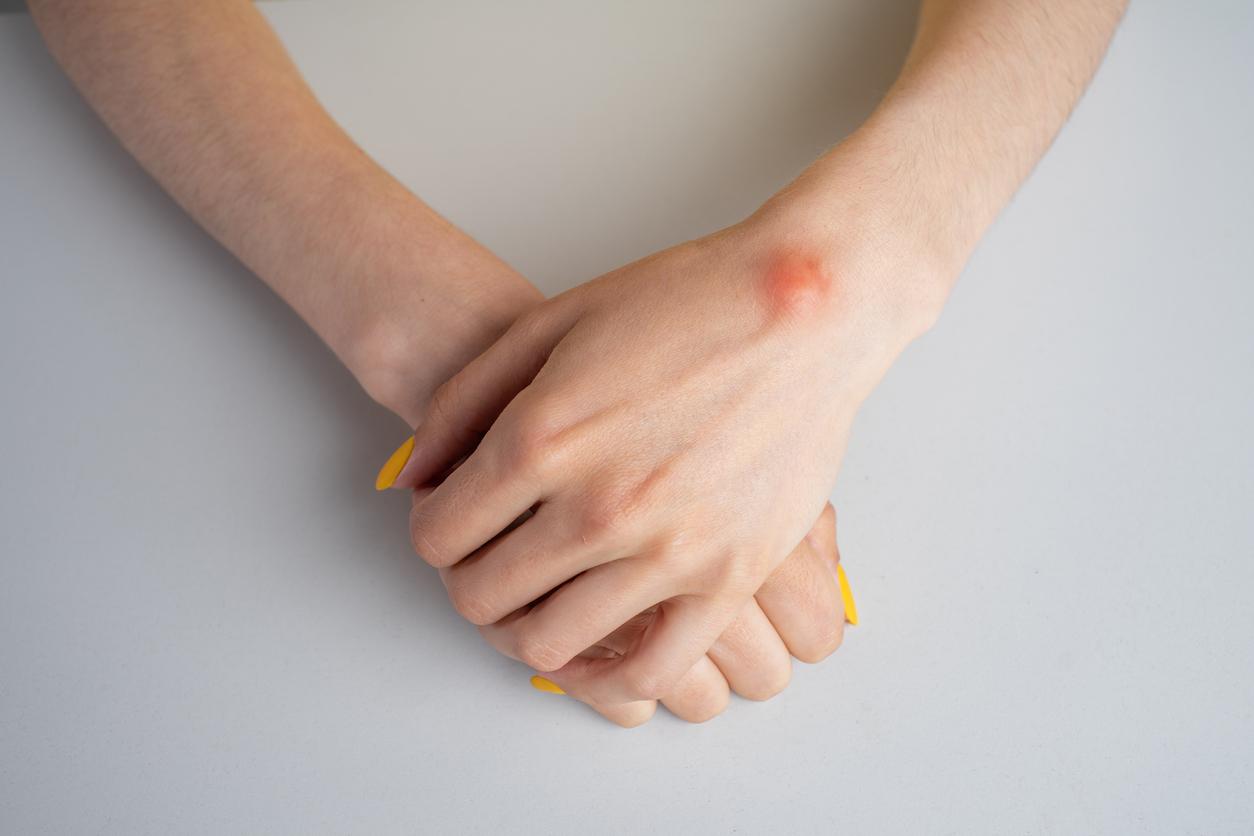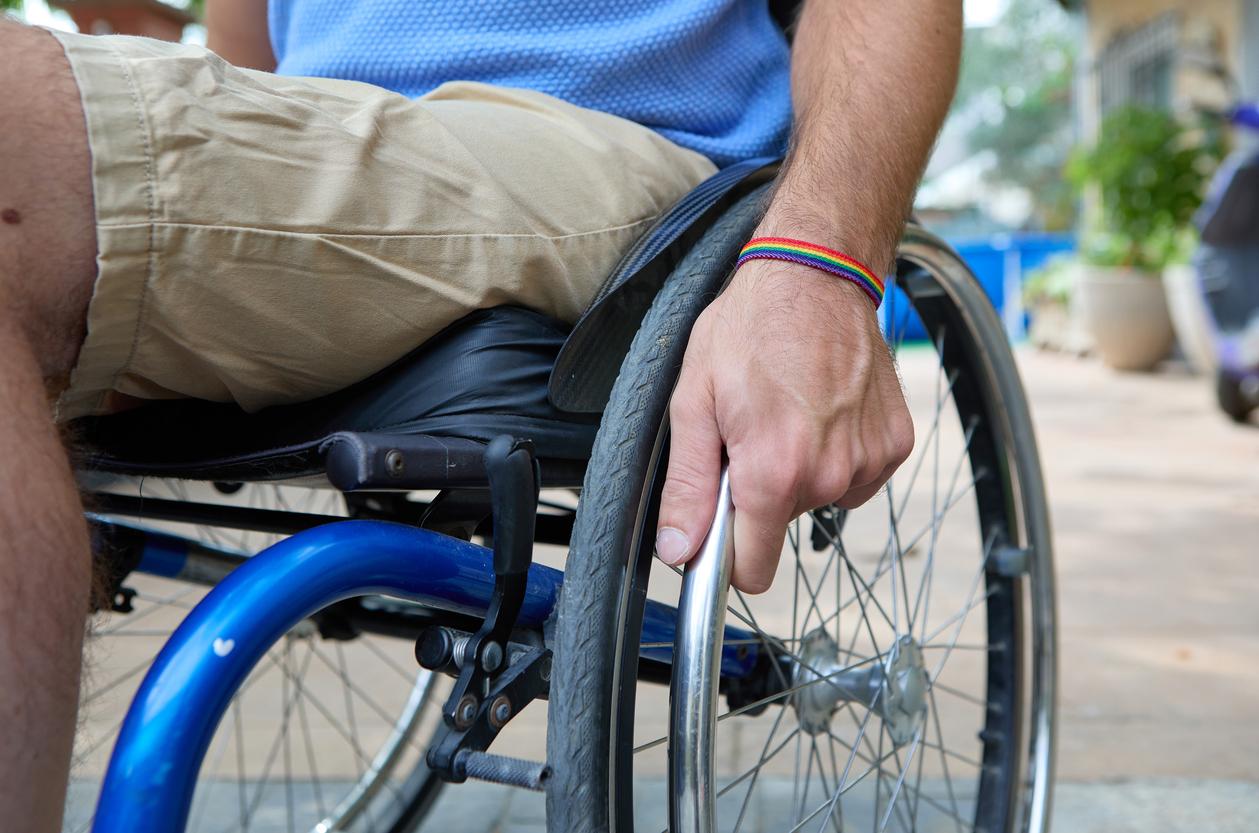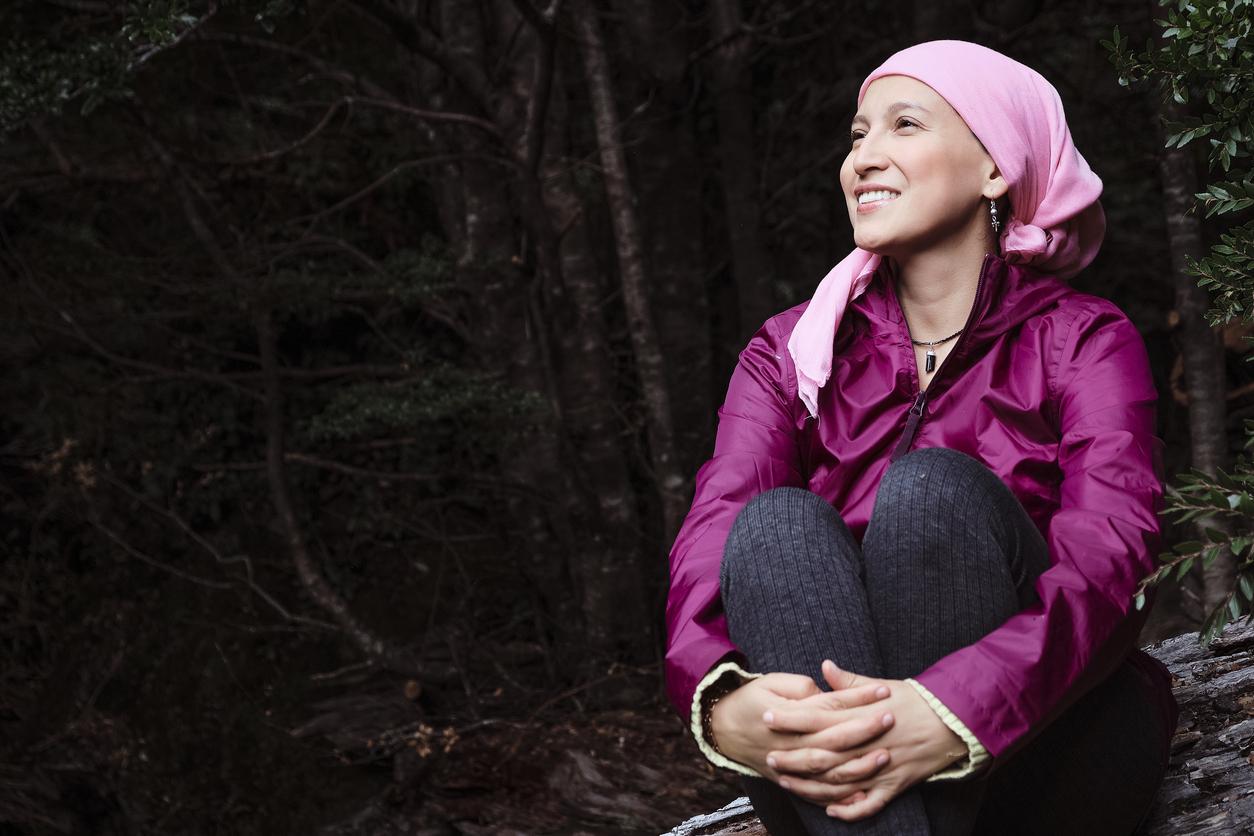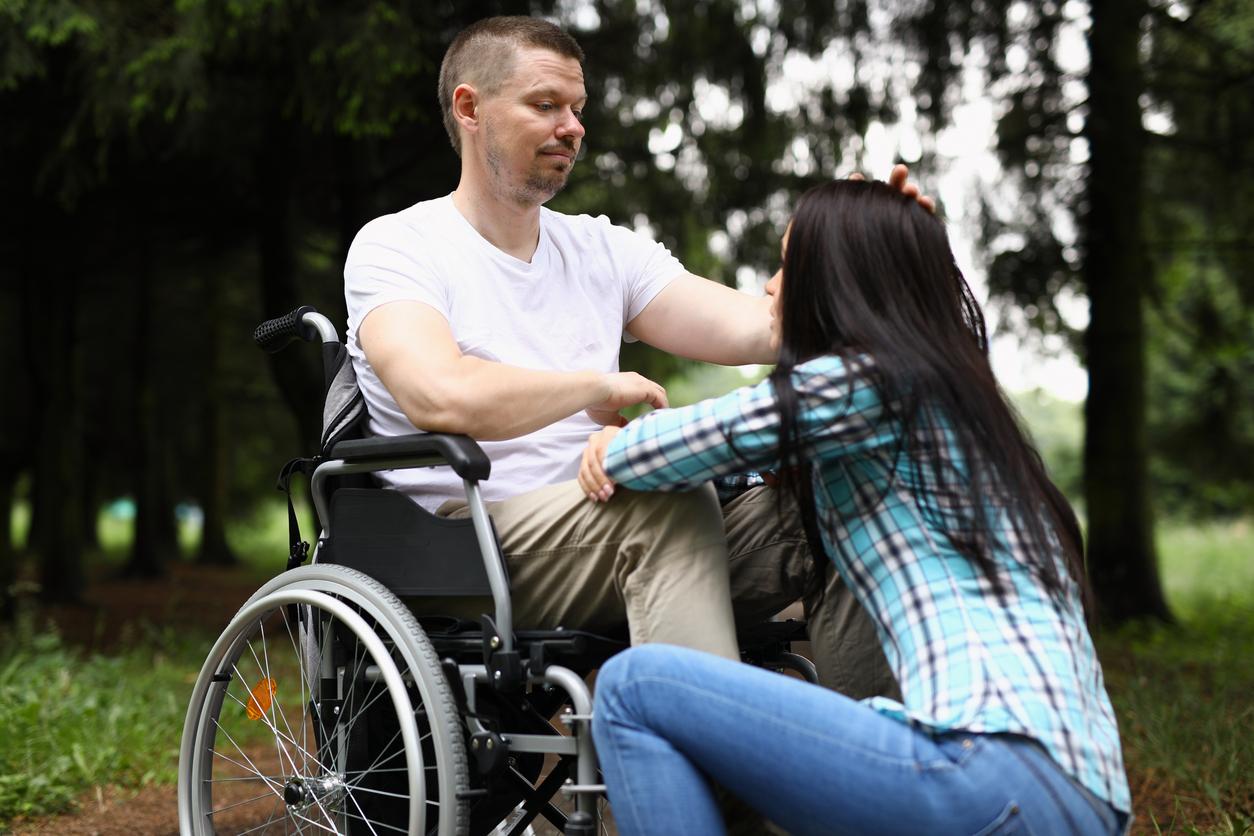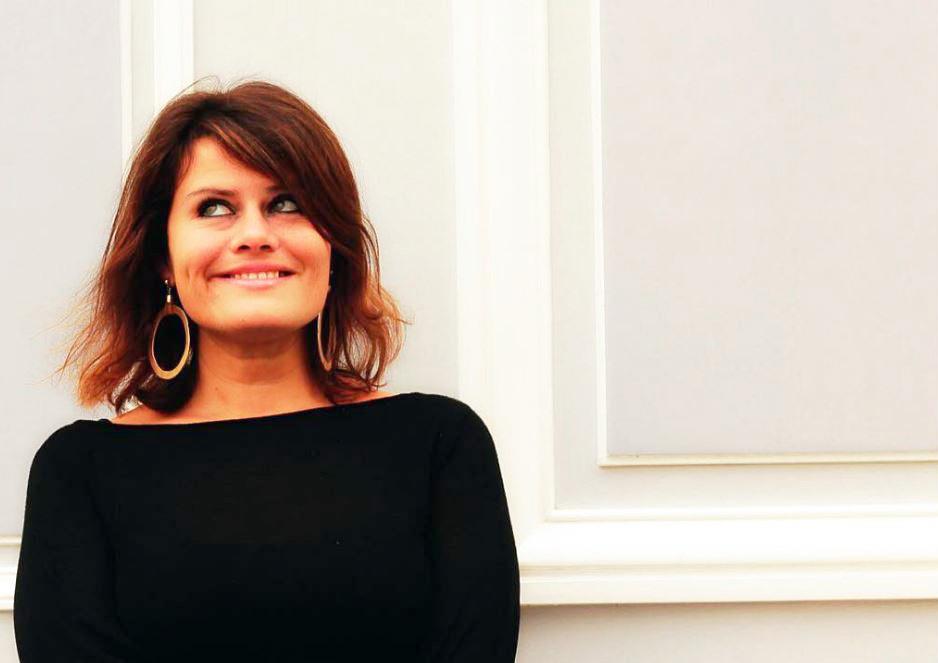Coming out of an addiction is not easy. Sandra, however, managed to free herself from cannabis, alcohol, tobacco, medication and hard drugs.
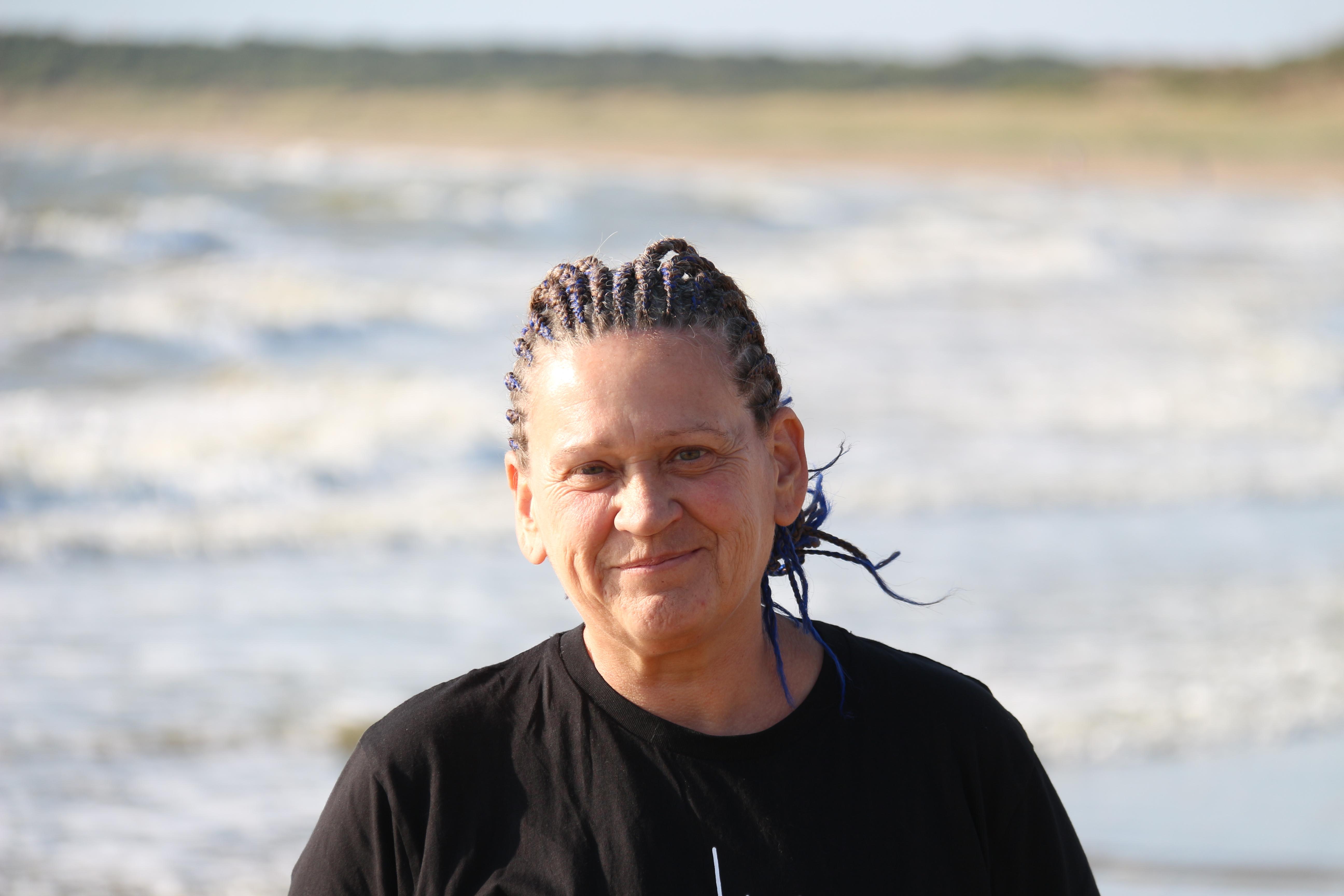
- Since she was 11, Sandra has developed addictions to all kinds of products: cannabis, alcohol, tobacco, drugs, LSD, ecstasy…
- Now out of trouble, she recounts her descent into hell and her path to deliverance.
- A major public health issue, the consumption of psychoactive substances is responsible for more than 100,000 avoidable deaths from accidents and illnesses each year in France.
During these end-of-year holidays, we decided to tell you a beautiful story. This beautiful story is that of Sandra, who, after decades of violent and deadly addiction to all kinds of products, finally got out of it.
Addiction: “I started smoking regularly at age 11”
“After puffing on my first cigarette at 7 years old, I started smoking regularly at 11 years old. Then, over the years, cannabis, synthetic drugs (LSD, cocaine, ecstasy…), drugs and finally alcohol”, says this resident of Saint-Michel-Chef-Chef. “When I fall for a product, it goes very quickly. For example, for alcohol, I reached daily consumption in barely a month. And when I consume, I don’t have a stop button”, she confides.
“At the height of my addiction, I took products every day, except for hard drugs which I reserved for weekends or evenings followed by a day off. I then smoked at least one gram of cannabis daily and a cube of 5 liters of wine barely lasted me three days. LSD and ecstasy also really hooked me.” she told me.
From her years of addiction, Sandra keeps many memories, which she records in her book “Diary of a released polyaddict”recently published by Eyrolles Editions.
Teenage girl, “I needed to breathe in the evening, to isolate myself, and I smoked frantically” cigarettes, she writes.
Addiction: “What does alcohol matter, only drunkenness counts”
After a surfing accident, three psychiatric hospitalizations and a two-year sick leave, Sandra’s situation worsens. “I was now addicted to legally prescribed drugs. Benzodiazepines, opioids, antipsychotics, hypnotics, I was completely hooked the day I returned to my job as a nurse,” she writes. “I consumed more and more. I changed stores to get enough alcohol without being noticed. I avoided it being the same cashier. I kept my head down. I bought poor quality, cheap alcohol. Never mind the alcohol, only the drunkenness counted.”she notes.
“If I went out, I drank beforehand to feel “well”. Once I arrived, I drank at the pace of the others so as not to be noticed. I waited for the moment when they finished their drink so I could ask for another. It was exhausting. And for the firecrackers, it was the same. Most of the time, I drank a 50 cl beer at 8° and smoked a joint on the road, and I planned the same for the return.”Sandra brand.
Thanks to the education of her parents, who were very attached to work values, Sandra managed to keep her job despite all this consumption. But financial difficulties and health concerns pile up. “I vomited every morning and suffered from diarrhea. I also had severe gastroesophageal reflux for which I am still treated today. I also developed atypical pneumonia at the age of 24, asthma, COPD and food allergies”, she lists.
Start of withdrawal: “I was tired of being tired of it”
Then came the click. At the end of a gastroenterological consultation, a doctor makes Sandra understand that her life risks ending too soon if she continues like this. “I was also tired of being tired of it,” summarizes our patient, who gradually stopped consuming product by product to end up completely freeing herself from it in May 2019.
“I have never relapsed, because I gained a lot from quitting. Today, I am much less tired, I am able to carry out my professional tasks more quickly, I analyze situations better treatment and I found better immediate memory”she congratulates herself. “Stopping my consumption also allowed me to see that, despite the diagnosis made by the psychiatrists who took care of me during my hospitalizations, I am not at all bipolar,” she rejoices.
Looking back, Sandra knows what made her take the plunge. “I certainly have transgenerational fragility, because my father, my uncles and my grandparents also drank a lot of alcohol,” analyzes the volunteer from the France Patients Experts Addictions association. “There was also a part of me that wanted to punish myself for not having been able to save my father from his addiction,” she notes, also making the link in her work between the sexual assaults she suffered as a child and a sequence of massive alcoholism. “The drugs also allowed me to sleep and silence all the ideas that invaded me and constantly clashed in my brain, perhaps because of a PIH. I am also hyper-emotional, and my drinks helped me manage that”, she continues.
Weaning: “I replaced a negative addiction with a positive addiction”
At 49, she also knows how to say what helped her the most to get through it. “I would first say the unwavering and caring support of the support group of women who have been or are struggling with addiction that I met on Facebook. Hearing them talk about problems they could have with relatives addicted to a substance also reinforced my desire to stop everything”estimates the nurse.
“Succeeding in replacing a negative addiction with a positive addiction, such as photography, also allowed me to get out of it. Because I am compulsive in everything I do, so this tip gave me a framework that matched my personality”she reports.
“Understanding my family history and where I came from also calmed me enormously,” she judges.
Addiction: “We should rethink the reception of dependent people”
Today, Sandra doesn’t trust herself enough to drink, smoke or take drugs in moderation. “I know that if I touch something up, it’s dead.” she asserts lucidly.
She nevertheless uses her current master’s studies, her life journey, her status as a patient-expert, her diplomas and her skills as a nurse specializing in addiction to help addicted people. “I advise any individual who wishes to break an addiction to start by asking for help, because getting out of it alone is extremely difficult. I also invite sufferers to find out what can support them (psychological follow-up, treatments, etc.), then choose which path to take depending on who they are and their trajectory”, explains the member of the Addict’HELP forum and the creator of its own support Facebook group. “I also want to emphasize in this article that we must persevere, because treating this type of problem takes time. We damage ourselves so much during the years of consumption that it cannot be fixed with the wave of a magic wand. And in “In the case of missteps, slippage towards other addictions or relapse, you should not blame yourself, it’s very common. I myself have drifted towards compulsive purchases for a while.” she continues.
When she puts on her addiction expert glasses, Sandra finally points out some flaws in our health system regarding this problem. “In my opinion, we should rethink the reception of dependent people in order to better hear their requests, and organize hotlines so as not to leave anyone on the side of the road,” she considers. “In my opinion, addiction services also operate far too much through calls for projects, which is excessively time-consuming and not sustainable enough,” she concludes.
A major public health issue, the consumption of psychoactive substances is responsible for more than 100,000 avoidable deaths from accidents and illnesses each year in France.










